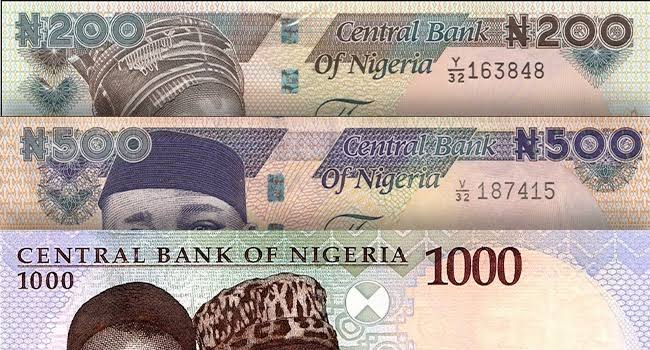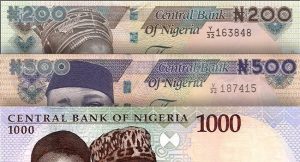The Central Bank of Nigeria (CBN), yesterday, announced the introduction of newly redesigned N200, N500 and N1,000 banknotes, a move interpreted to mark the beginning of a broader currency census and the mop up of black money.
At a virtual press briefing, CBN Governor, Godwin Emefiele, admitted the concern over large amounts of money outside the banking system, which is estimated at 80 per cent of the total money in circulation.
Emefiele revealed that as of September 2022, N2.73 trillion of N3.23 trillion currency-in-circulation was outside of vaults of commercial banks.
He also stated that the currency in circulation has more than doubled since 2015, rising from N1.46 trillion in December 2015 to N3.23 trillion as at September 2022.
He added that the decision was necessitated by the need to address the “daunting challenges” associated with currency management and rein in currency counterfeiting.
“These (currency management) challenges primarily include significant hoarding of banknotes by members of the public, with statistics showing that over 80 percent of currency in circulation are outside the vaults of commercial banks; worsening shortage of clean and fit banknotes with attendant negative perception of the CBN and increased risk to financial stability and increasing ease and risk of counterfeiting evidenced by several security reports.”
But beneath the veneer of currency management challenges, experts have described the move as part of a broader effort to contain excessive election spending and mop up black money in the system.
The FX market, indeed, has reacted sharply to the decision as the dollar gained about N10 at the black market yesterday evening, to a new all-time high of about N765/$ in Lagos.
However, the Economic and Financial Crimes Commission (EFCC) has thrown its weight behind the move to redesign the currency. Executive Chairman of EFCC, Abdulrasheed Bawa, described the move by the apex bank as “a well-considered and timely response” to the challenges of currency management, which has negatively impacted the country’s monetary policy and security imperatives.
Bawa, who made his position known in a statement by the spokesperson of the anti-graft agency, Wilson Uwujaren, said EFCC, CBN and other regulators in the financial sector have worked closely in recent past to determine how best to stabilise the country’s monetary policy environment.
“It is heart-warming that CBN has demonstrated courage in taking this bold decision, which I believe will bring sanity to the currency management situation in Nigeria,” Bawa said.






